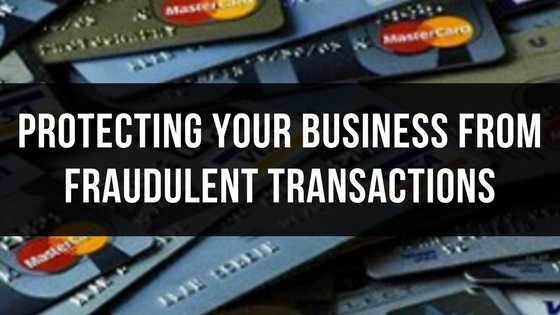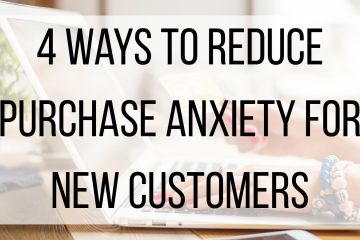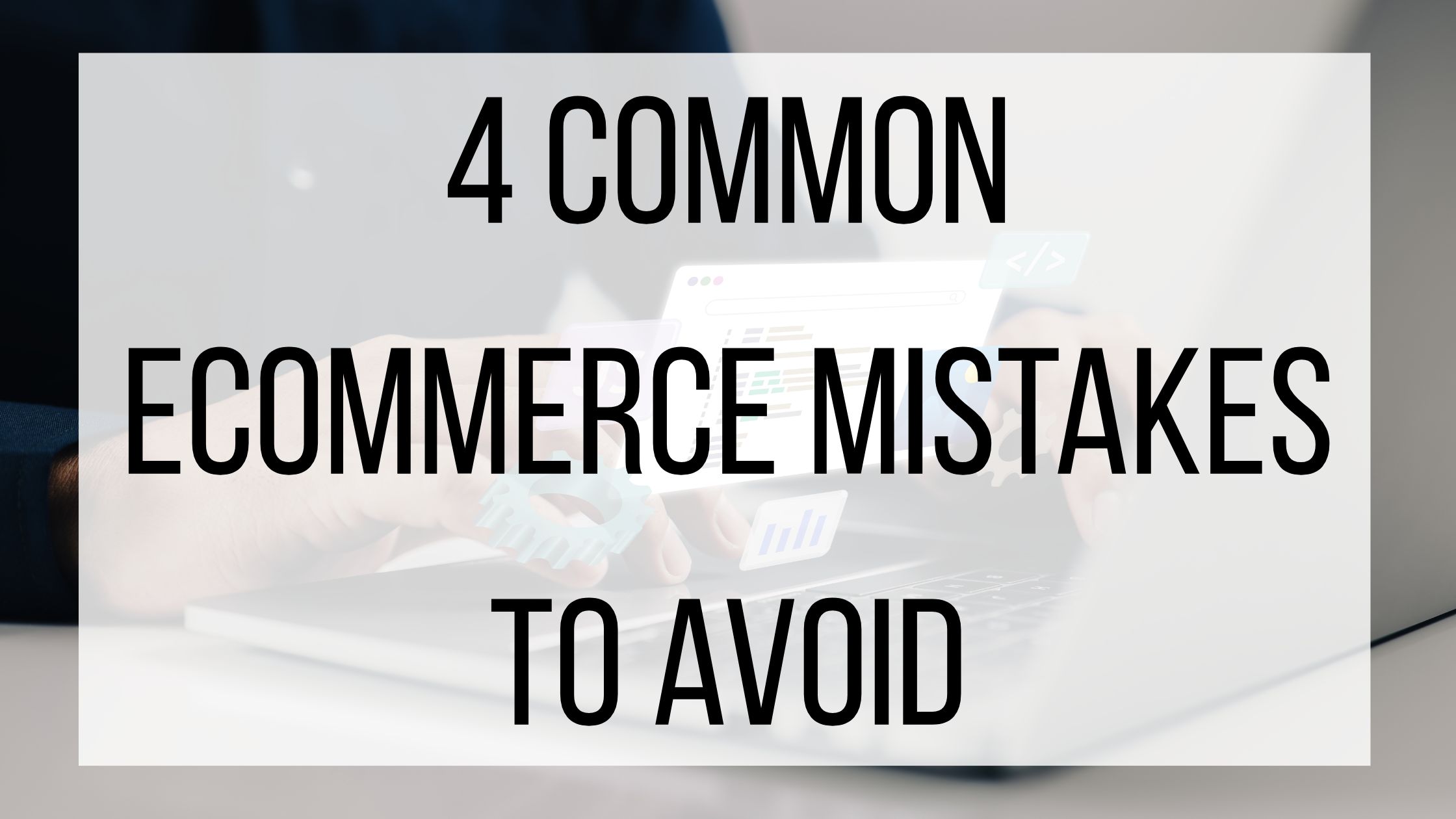Protecting Your Business From Fraudulent Transactions
With more than $3.5 billion lost to online fraud each year, fraudulent online credit card activity is a growing concern for businesses. Fraudulent transactions are at an all-time high and some reports even indicate online retail fraud in the US alone to rise by 106 percent over the next three years.
If your business accepts a fraudulent payment, you could end up being held financially responsible for the loss. To protect your business from this, it’s important to familiarize yourself with the common characteristics of fraudulent orders:
- Orders that are unusually larger than normal and/or high-priced orders
- Orders with expedited shipping on large quantities or high-priced orders
- Orders that have a shipping address that is different than the billing address
- Order requests to change an address after an order is placed
- IP addresses that are not in the same area as the billing information entered on the order
- Suspicious and/or fake email addresses
- Inconsistent and/or suspicious address information (e.g. P.O. Boxes, zip code doesn’t match state or city listed)
Knowing what to look out for can help protect your business and prevent hard-earned revenue losses. Equipping your business with the right tools and processes can also reduce your chances of incurring fraud.
Limit Number of Failed/Declined Transactions
It is in your best interest to create a limit on attempted and/or declined transactions. Based on your order and revenue trends, you may also want to consider setting a limit on the number of purchases and/or total dollar amount you’ll accept from one cardholder in a single day. Be wary of large quantity orders, especially ones for expensive goods. This may not point directly to a stolen credit card or fraud, but it is still a good idea to investigate questionable orders. Simply contact the customer to verify the order and the legitimacy of the purchase.
Use Verification Technology
Whenever you come across questionable or suspicious orders it is important to validate the order information. It is best practice to use an AVS (address verification system) and requiring the CVV (card verification value) to ensure the cardholder placing the order is in physical possession of a valid card.
An AVS (address verification system) checks the manually entered billing address with the billing address currently on file with the credit card company. If there are discrepancies, the transaction is flagged so you can investigate. In addition to address verification, requiring the Card Verification Value (CVV) for all transactions validates that the cardholder placing the online order is legitimate. The card security code is the 3 or 4-digit number printed on the back of a credit or debit card which provides a cryptographic check of the information embossed on the card.
Unfortunately, it is becoming essential for companies to take fraud seriously. But, having the right level of fraud protection will greatly decrease the likelihood that your product or service will be taken advantage of or fraudulently used.
Using a full-service e-commerce platform like BMT Micro will save you the time and the expense necessary to keep fraud to a minimum and your customer’s information safe. Our main goal is to ensure the safety of all transactions between vendors and customers. Our advanced, proprietary fraud detection system is state of the art and effective in preventing almost all fraudulent order attempts. If you have questions or concerns about your current fraud prevention or if you are interested in learning more about BMT Micro’s offerings please contact our vendor services at vendors@bmtmicro.com.



